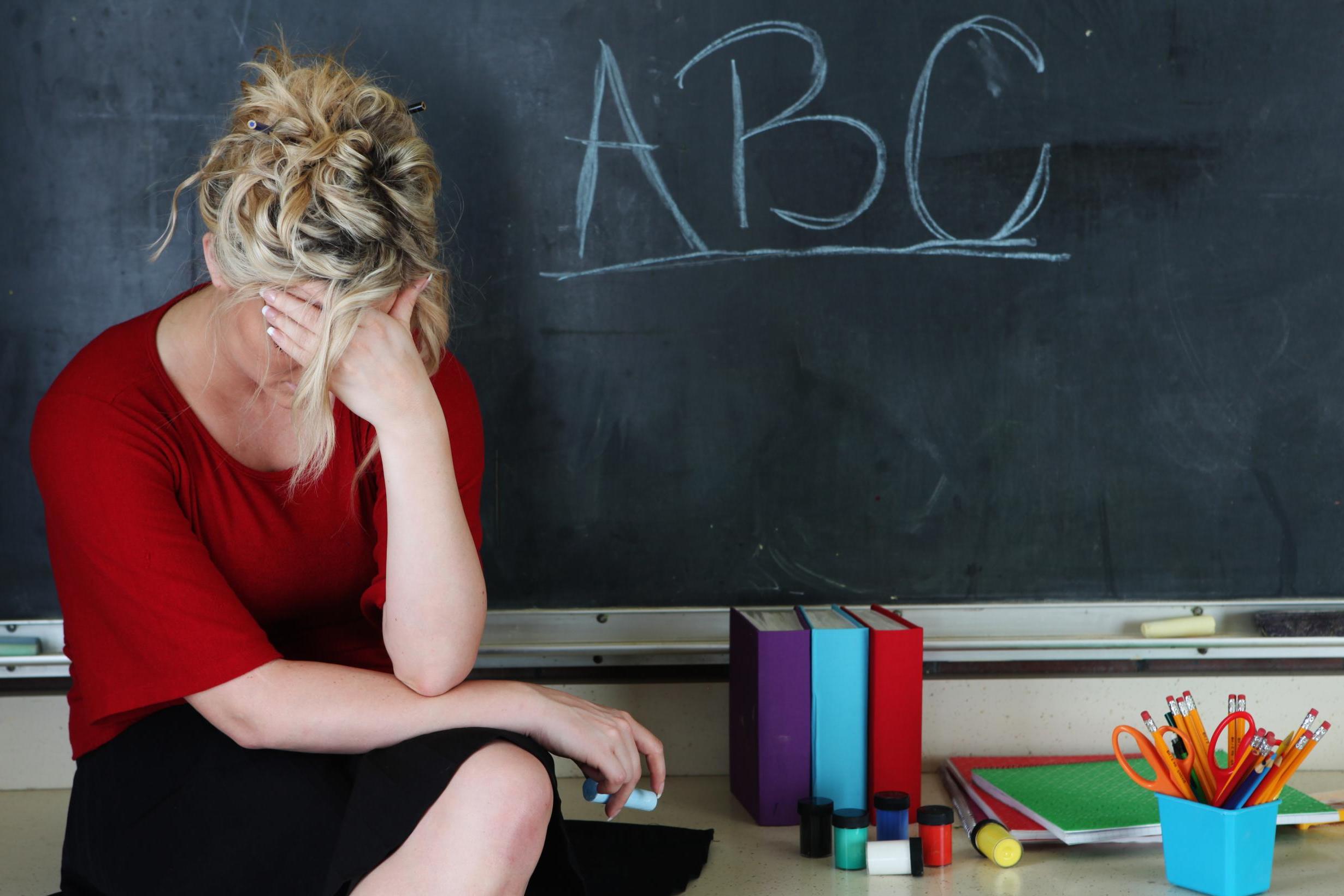Parents opt for ‘aggressive’ behaviour towards teachers in bid to raise complaints, watchdog finds
Children are modelling their parents’ ‘abusive’ manner, Ofsted report reveals

Your support helps us to tell the story
From reproductive rights to climate change to Big Tech, The Independent is on the ground when the story is developing. Whether it's investigating the financials of Elon Musk's pro-Trump PAC or producing our latest documentary, 'The A Word', which shines a light on the American women fighting for reproductive rights, we know how important it is to parse out the facts from the messaging.
At such a critical moment in US history, we need reporters on the ground. Your donation allows us to keep sending journalists to speak to both sides of the story.
The Independent is trusted by Americans across the entire political spectrum. And unlike many other quality news outlets, we choose not to lock Americans out of our reporting and analysis with paywalls. We believe quality journalism should be available to everyone, paid for by those who can afford it.
Your support makes all the difference.Parents are increasingly using “inappropriate and aggressive” behaviour towards teachers to ensure their complaints are heard straight away and prioritised, the schools’ watchdog has found.
A report from Ofsted says some parents shout at teachers, which can lead to a “mob mentality” among other parents, and can result in children modelling their parents’ “abusive” behaviour.
The rise of social media, as well as a “culture of competition” between schools for pupils, has given parents more power to express negative views and to disrespect school staff, teachers say.
Amanda Spielman, chief inspector of Ofsted, is calling on parents to be “supportive” of schools and to “trust them to get on with it” – especially regarding their policies on pupils’ behaviour.
Managing poor behaviour is one of the key causes of “worryingly” low wellbeing among teachers who are going off sick and quitting the profession in their droves, the Ofsted report says.
The survey, of more than 4,000 staff in schools and further education providers, found teachers spend most of their week on non-teaching tasks – including communication with parents.
Teachers are under huge pressure to respond immediately to “incessant” emails from parents who expect an instant reply, according to the report.
Restricting access to staff email addresses and reminding parents of the most appropriate ways of raising concerns, such as face-to-face meetings or phone calls, could be a solution, Ofsted suggests.
Ms Spielman has called for an end to what she described as an “instant response culture”.
One teacher, responding to the survey on wellbeing, described their email inbox as “like a pit of death”, while another said parents email at night and expect an immediate reply. If you do not reply, the parent will call the head first thing in the morning, they said.
Going straight to the head when a complaint is not immediately answered is part of a rising culture in society of “wanting to complain at the highest level”, the report says.
The findings come after a survey from the NASUWT teaching union in April revealed that “unbearable” communication from parents had led to staff considering quitting.
The growing use of apps by schools is making it easier for parents to contact teachers directly 24/7, adding to their workload and affecting their health, the union said.
Some teachers also have “unrealistic” expectations placed on them by parents who want “the highest grades for their children despite their lack of effort”, the Ofsted report says.
Ms Spielman said: “Schools have to play their part to improve their staff’s wellbeing and manage the expectation of parents.
“It’s high time leaders took steps to end this ‘instant response culture’, that is putting huge pressure on teachers, and allow them to focus on the important work of teaching.”
More than two in three (68 per cent) of teachers feel their profession is undervalued in society – and many blame a lack of funding.
Staff say a lack of resources, such as computers and library materials, stops them from doing their job as well as they can.
Some teachers describe the facilities as “laughably poor” and they say classrooms are so small or badly equipped that they cannot provide a “good service to students”.
Nearly half (46 per cent) of school staff reported low and medium levels of satisfaction with life, compared to just 18 per cent of the general population in England
Ms Spielman added: “Teaching is one of the most important jobs there is, so we need to make sure it is highly valued by society and a rewarding career to choose.
“As the school year comes to a close, I hope parents really appreciate all the long hours and hard work that teachers have put in for their child.”
A Department for Education spokesperson said: “We know that poor behaviour damages teachers’ morale and increases workload and stress, which is why we want schools to instil cultures of good behaviour from top to bottom.
“Where staff are struggling, we trust headteachers to take action to address the causes and ensure teachers have the support they need.
“We are also tackling excessive data burdens in schools; simplifying the accountability system to target the associated burdens and working with Ofsted to ensure staff workload is considered as part of a school’s inspection judgement.”
Join our commenting forum
Join thought-provoking conversations, follow other Independent readers and see their replies
Comments